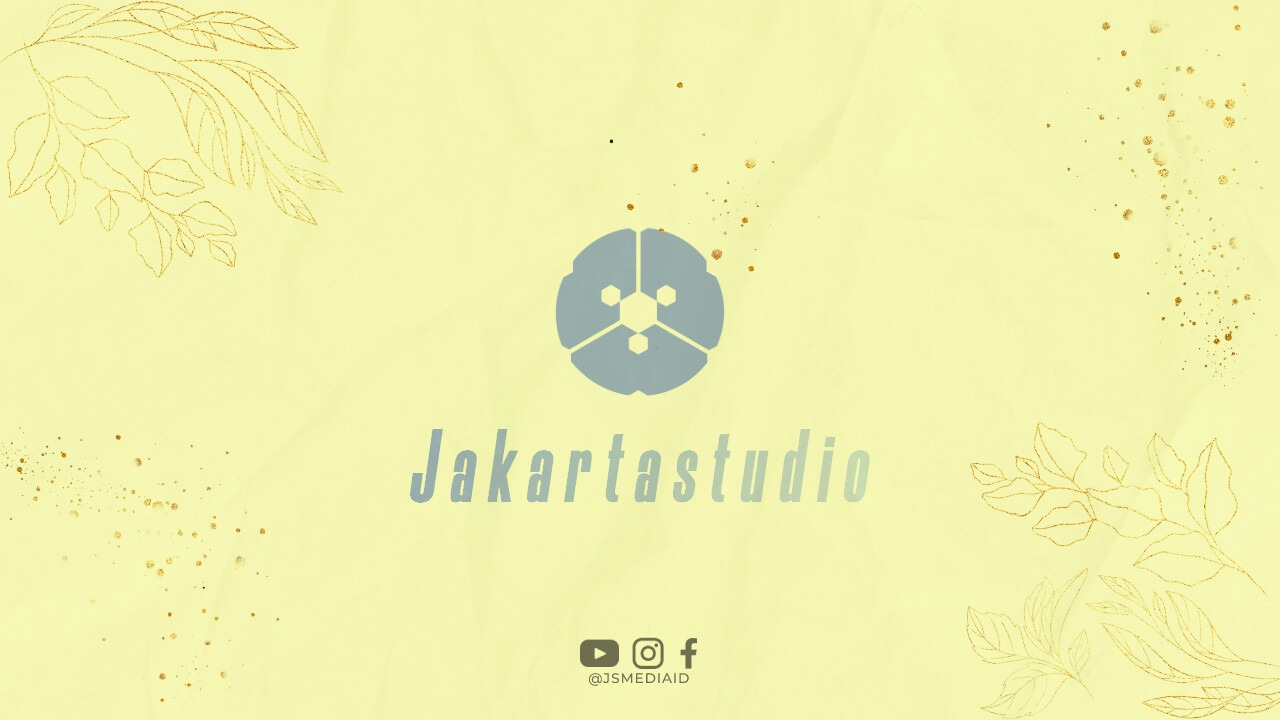Many people have been captivated by the intriguing story of Jamie Banks and the case surrounding her. Rumors and speculations have been swirling around, leaving people curious about the authenticity of the Jamie Banks case. In this article, we will delve into the details and attempt to discern the truth about the Jamie Banks case.
The Background
Jamie Banks, a young entrepreneur, made headlines when she filed a lawsuit against a prominent tech company for stealing her innovative idea. According to Banks, she had come up with a groundbreaking concept that the tech company later implemented without her consent or acknowledgment. The case quickly garnered attention due to its David-versus-Goliath nature and the potential implications it might have on intellectual property rights.
The Arguments
The Jamie Banks case has been subject to intense debate and conflicting opinions. Supporters of Banks argue that her claims are legitimate, citing evidence such as timestamped documents, witness testimonies, and correspondence with the tech company prior to the alleged theft. These supporters claim that Banks deserves recognition and compensation for her original idea.
On the other hand, skeptics question the veracity of Banks’ claims. They argue that the similarities between her idea and the tech company’s product could be mere coincidences or the result of parallel thinking. Skeptics also highlight the lack of concrete evidence directly linking the tech company’s actions to Banks’ idea. They suggest that Banks might be seeking attention or attempting to capitalize on the company’s success.
Expert Opinions
To gain further insight into the Jamie Banks case, we sought the opinions of legal and intellectual property experts. The majority of experts agree that determining the authenticity of such cases can be challenging. They emphasize the importance of concrete evidence, including patents, copyrights, or well-documented proof of concept, to establish a strong case.
Experts also stress the significance of professional legal representation to navigate the complexities of intellectual property law. They advise individuals to consult with experienced attorneys specializing in intellectual property cases to assess the validity of their claims.
The Impact
Regardless of the outcome of the Jamie Banks case, its impact on the public perception of intellectual property rights cannot be ignored. The case has brought attention to the challenges faced by individuals seeking recognition for their original ideas in a highly competitive and innovation-driven society.
Conclusion
In conclusion, the authenticity of the Jamie Banks case remains uncertain. While supporters argue that Banks has a strong case based on evidence and correspondence, skeptics question the validity of her claims. Ultimately, the resolution of such cases depends on the legal process and the ability to present compelling evidence.
Intellectual property rights are a crucial aspect of innovation, and cases like Jamie Banks’ serve as reminders of the importance of protecting original ideas. If you find yourself in a similar situation, seeking professional legal advice is vital to navigate the complexities of intellectual property law and increase your chances of a successful outcome.

